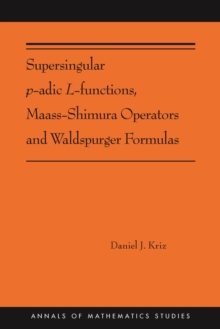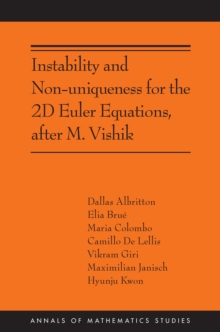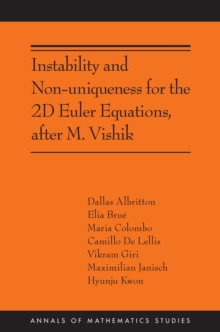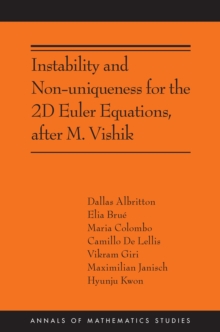
Calculus on Heisenberg Manifolds. (AM-119), Volume 119 PDF
by Richard Beals, Peter Charles Greiner
Part of the Annals of Mathematics Studies series
Description
A classic treatment of the hypoelliptic calculus on Heisenberg Manifolds
The classical pseudodifferential calculus is well adapted to detailed study of elliptic operators such as the Laplacian associated to the De Rham complex. This book develops a full asymptotic calculus adapted to certain second order operators which are hypoelliptic but not elliptic. The motivating example is the operator _b associated to the _b-complex on a CR-manifold. Like the Laplacian, _b is a natural operator of intrinsic interest, a prototype of a general class, and a test case. Principal terms of parametrices and other operators associated to _b are calculated on both the symbol side and the kernel side. It is hoped that this viewpoint on pseudodifferential operators will be fruitful in attacking other nonelliptic problems, including more degenerate cases of _b.
Princeton University Press is proud to have published the Annals of Mathematics Studies since 1940. One of the oldest and most respected series in science publishing, it has included many of the most important and influential mathematical works of the twentieth century. The series continues this tradition as Princeton University Press publishes the major works of the twenty-first century.
To mark the continued success of the series, all books are again available in paperback.
Information
-
Download - Immediately Available
- Format:PDF
- Pages:208 pages
- Publisher:Princeton University Press
- Publication Date:02/03/2016
- Category:
- ISBN:9781400882397
Other Formats
- Paperback / softback from £60.19
Information
-
Download - Immediately Available
- Format:PDF
- Pages:208 pages
- Publisher:Princeton University Press
- Publication Date:02/03/2016
- Category:
- ISBN:9781400882397










